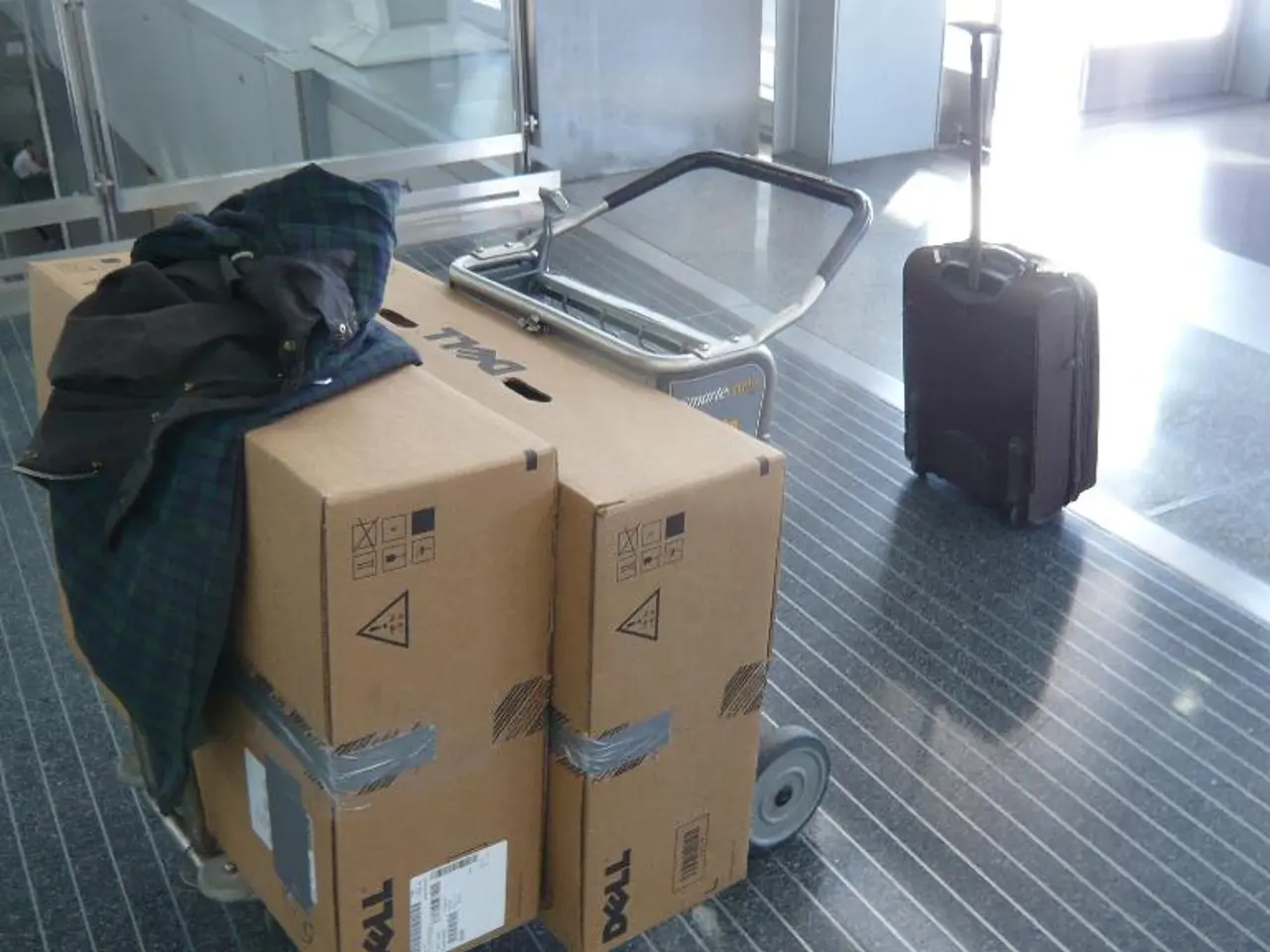BRICS nations vocalize substantial worries over American tariffs - BRICS nations voice considerable apprehension towards the imposition of punitive tariffs by the U.S.
In a significant move, the BRICS nations — Brazil, Russia, India, China, South Africa, and new members Egypt, Ethiopia, Indonesia, Iran, Saudi Arabia, and the United Arab Emirates — have united to condemn military attacks on Iran and demand an immediate, lasting, and unconditional ceasefire in the Gaza Strip. This stance comes amidst ongoing global trade tensions and the group's expansion, which has made it significantly more heterogeneous.
During their 17th summit in Rio de Janeiro in July 2025, BRICS leaders expressed "serious concerns" about what they termed "indiscriminate" and illegal trade tariffs imposed by the U.S. These tariffs are viewed as harmful not only to the BRICS economies but also to the global economy at large, increasing trade tensions and instability.
In a formal criticism, BRICS prepared a joint statement condemning the U.S. tariffs, highlighting their negative effects on global trade flows and economic cooperation. The group emphasized the risks tariffs pose to the stability and growth of the world economy.
In response to the tariffs, BRICS countries are intensifying efforts to diversify trade within the bloc, seeking new trade routes and stronger intra-BRICS economic ties to reduce dependency on Western markets and shield themselves from unilateral trade measures imposed by the U.S.
India, while involved in the BRICS statement, is balancing its response due to its ongoing negotiations with the U.S. on trade issues and its strategic relations in the Middle East. The BRICS declaration on tariffs was under negotiation to accommodate these complexities without directly naming the U.S.
The BRICS nations use their platform to push back against unilateral trade restrictions like U.S. tariffs, underscoring their commitment to multilateralism and open trade. This stance is shaping a more fragmented global trade landscape, where emerging economies seek alternatives and alliances beyond traditional Western-led systems.
Despite Chinese President Xi Jinping's absence, the BRICS group's largest economy, the summit was still marked by a strong show of unity. Xi Jinping skipped the summit, despite China being the largest economy in the BRICS group, with Russian President Vladimir Putin participating via video link due to an arrest warrant issued by the International Criminal Court.
Brazilian President Luiz Inácio Lula da Silva, host of the summit, decried the "unprecedented collapse of multilateralism." He also repeated his accusation against Israel of committing a "genocide" in the Gaza Strip, with the BRICS nations demanding the full withdrawal of the Israeli army from the coastal strip and all other occupied Palestinian territories.
The BRICS group was established to reduce the geopolitical dominance of the U.S. and Europe and to create a multipolar world order. The group now includes a total of 10 nations, signifying a broader geopolitical shift in global dynamics.
References: [1] "BRICS nations condemn U.S. tariffs and demand peace in Gaza." Reuters, 2025. [2] "BRICS leaders express concerns over U.S. tariffs at Rio summit." BBC News, 2025. [3] "BRICS nations address trade tensions, Middle East conflicts, and global governance reform." The New York Times, 2025. [4] "BRICS countries intensify efforts to diversify trade amid U.S. tariffs." The Economic Times, 2025.
The Commission has also been consulted on the draft regulation on the implementation of the common agricultural policy, given the ongoing trade tensions and the politics surrounding the BRICS nations' unanimous condemnation of military attacks and demand for a ceasefire.
In the midst of these complex geopolitical shifts, the general news scenario involves BRICS nations banding together to push back against unilateral trade restrictions, as they push towards a more multipolar world order and seek alternatives and alliances beyond traditional Western-led systems.





